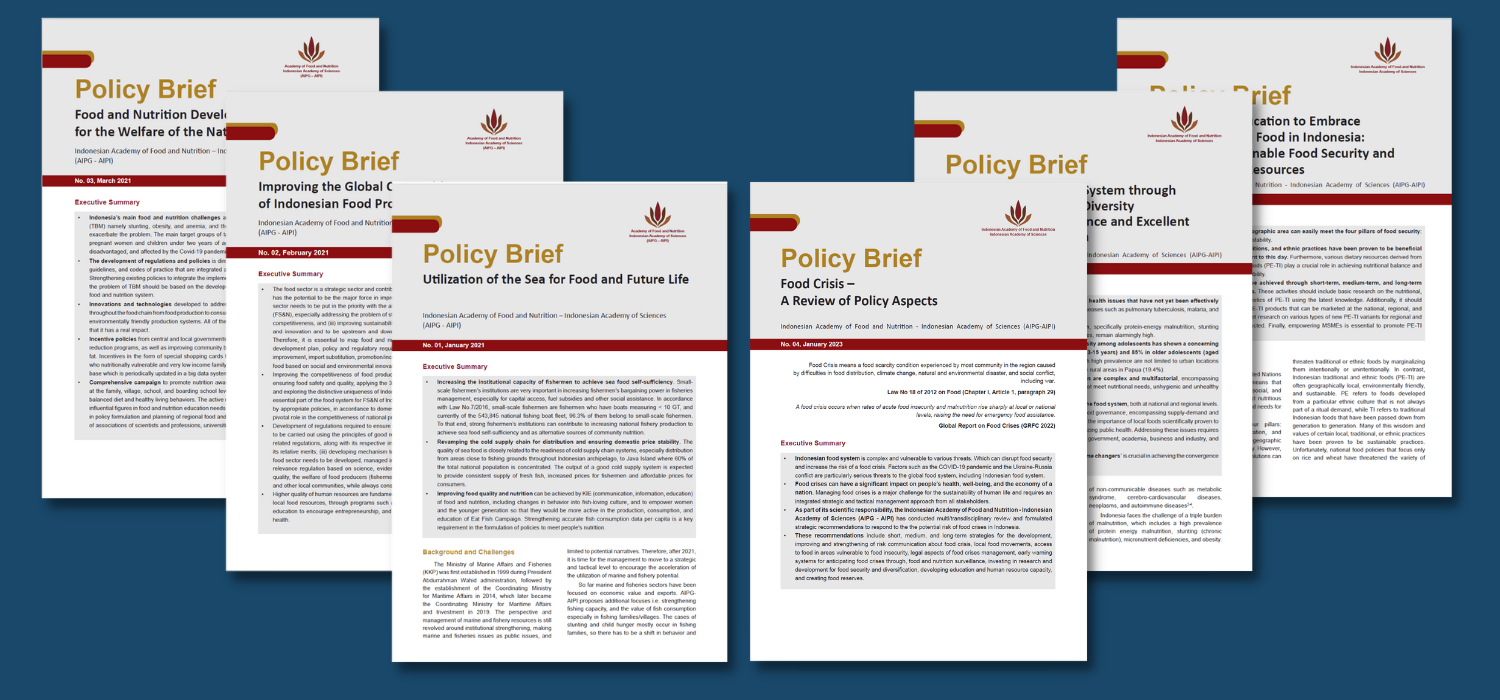SEED FUNDING JOINT PROGRAMMES
Jordan
Transforming Jordan's Agri-food System towards greater sustainability and resilience



PROJECT TITLE | Transforming Jordan's Agri-food System towards greater sustainability and resilience |
| Context | Since 2021, Jordan has placed food security and system at the forefront of its developmental goals with the adoption of the National Food Security Strategy (NFSS) for 2021–2030. The NFSS envisions access to safe, affordable, and nutritious food for all by 2030. The 2022-2024 National Food Security Action Plan for the implementation of the NFSS prioritizes food availability, improved access to and better utilization of food, and strengthening governance mechanisms. |
| PUNOs | FAO, UNIDO |
| Contribution to SDGs | SDG 2 Zero Hunger, SDG 8 Decent Work and Economic Growth |
| Contribution to other SDG transitions | Decent Jobs and Universal Social Protection |
| Duration | September 2024 – August 2025 |
| Expected financial leverage | USD 30,000 – co-financing from FAO, UNDO, MoA |
| Alignment with SG Call to Action | Policy integration; Food systems governance; Research, data, technology and innovation; Inclusive and participatory design; Private sector engagement; Financing |
| Outcomes | The JP strengthens the government’s capacity to identify and implement strategic programs that deliver positive outcomes across multiple dimensions of food systems, including production, post-harvest, processing and distribution. The JP emphasizes the inclusion of refugees, women and youth in food systems. |
| Partners |
|
| Outputs |
|
M&E
Investment plans
Inclusivity
Indonesian Academy of Food and Nutrition – Indonesian Academy of Sciences Policy Briefs on Food and Nutrition Systems

19/06/2023
The Indonesian Academy of Food and Nutrition – Indonesian Academy of Sciences (AIPG - AIPI) has developed and shared six comprehensive policy briefs, addressing critical issues in the country's and global food and nutrition systems. These briefs provide valuable insights and recommendations for improving various aspects of the archipelagic country’s unique food and nutrition landscape.
- Utilization of the Sea for Food and Future Life: This brief highlights the importance of strong fishermen's institutions for enhancing their bargaining power and access to resources. It outlines the need for revamped cold supply chains for ensuring efficient distribution and domestic price stability. Additionally, it discusses the promotion of fish consumption through education and information initiatives as a crucial step for improving food quality and nutrition.
- Improving the Global Competitiveness of Indonesian Food Products: Recognizes the significance of the food sector in improving national food security and nutrition, this policy brief reviews recommendations on strengthening the country's global competitiveness through food safety and quality, promoting trade diplomacy, and developing regulations based on scientific evidence and data-driven research. The brief also emphasizes the importance of enhancing human resources and education along the food chain.
- Food and Nutrition Development for the Welfare of the Nation: This brief focuses on overcoming the triple burden of malnutrition (stunting, obesity, and anemia) and the impact of the COVID-19 pandemic. It suggests the development of standards, production guidelines, and codes of practice that are integrated and systemized in the field of food and nutrition. The brief also stresses the need for innovations and technologies throughout the food chain and incentive policies to reduce food loss and waste, restrict sugar salt, and fat, and promote nutrition awareness and healthy living at family, village, and school levels.
- Food Crisis – A Review of Policy Aspects: The document provides recommendations to prepare for potential risks of food crises in Indonesia, including short, medium, and long-term strategies for the development, improving, and strengthening of risk communication about food crisis, local food movements, access to food in areas vulnerable to food insecurity, legal aspects of food crisis, and early warning.
- Transforming the Food System through Reinforcing Local Food Diversity for Public Health Resilience and Excellent Generation of Indonesia: This brief addresses several growing national public health issues, including the high prevalence of infectious diseases, malnutrition, and obesity. It emphasizes the need for a functional and effective food system, good governance, and the utilization of local foods for optimizing public health. The brief also discusses the pivotal role of youth in driving positive change.
- Research and Education to Embrace Traditional Ethnic Food in Indonesia: Facilitating Sustainable Food Security and Healthy Dietary Resources: Highlights the benefits of traditional ethnic foods in achieving sustainable food security and healthy dietary resources. It emphasizes research, education, and the development of new products based on local wisdom and scientific knowledge. Empowering micro, small, and medium-sized enterprises (MSMEs) is seen as crucial for promoting the market development of traditional ethnic foods.
